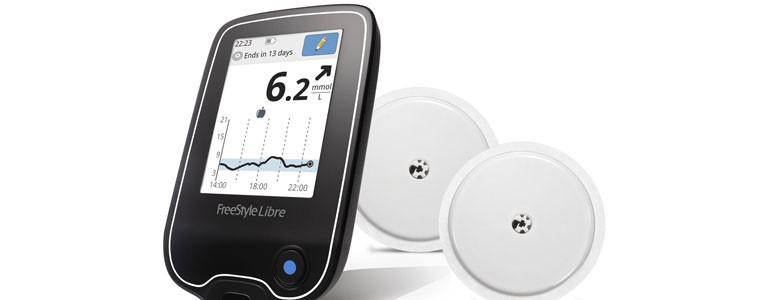People with type 1 diabetes who live in deprived areas are more likely to experience diabetes-related complications than those in less deprived areas, a study suggests.
University of Edinburgh researchers discovered that people with type 1 diabetes who lived in poorer areas of Scotland were more likely to have higher blood glucose levels compared with those from more affluent areas.
The average HbA1c was 7.7 mmol/mol higher in the most deprived areas compared with the least deprived areas, and the researchers are calling for health inequalities to be tackled.
Lead researcher Professor Helen Colhoun unveiled the trial’s findings at this year’s Diabetes UK Professional Conference, which is currently taking place in Liverpool.
“This underlines the need for policies to tackle these inequalities since they lead to higher rates of diabetes complications,” she said.
“Achieving safe blood glucose control is complex. In the future it will be important to assess whether recent policies widening the provision of insulin pumps and flash monitors for those with type 1 diabetes impact these inequalities.”
The researchers examined health data recorded from more than 30,000 people with type 1 diabetes who live in Scotland.
Taking into account ages, social groups, communities and genders, the University of Edinburgh research looked for health trends across 12 years, between 2004 and 2016.
As well as increased average HbA1c levels, researchers are concerned that other links to social deprivation, which include higher levels of physical inactivity, unhealthy diet, smoking and higher blood pressure, could all further the risk of developing diabetes-related complications.
Dr Elizabeth Robertso, Director of Research from Diabetes UK, which funded the research, said: “We must make sure that appropriate, high quality care and information is available for everyone with type 1 diabetes, whoever they are and wherever they live.
“This research gives us crucial insights into how, and some indicators as to why, blood glucose control varies across different people with type 1 diabetes. This vital evidence helps to identify where support is most needed, so we can help everyone to live well with their type 1 diabetes.”
Editor’s note: If you are struggling with your blood glucose control, join our free Hypo Program – an educational tool designed to improve your hypo awareness and reduce your anxiety about low blood glucose.
What's new on the forum? ⭐️
Get our free newsletters
Stay up to date with the latest news, research and breakthroughs.






